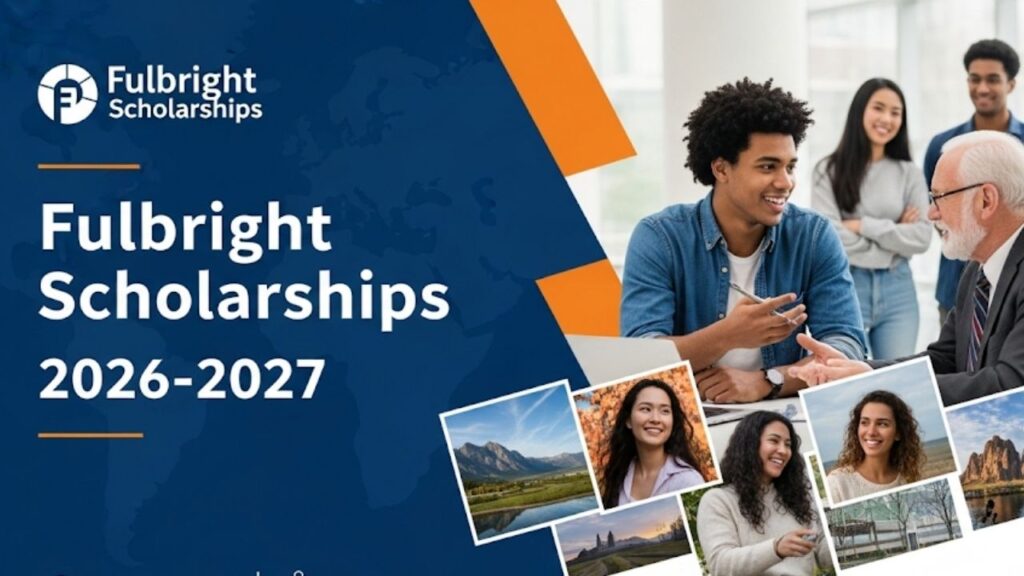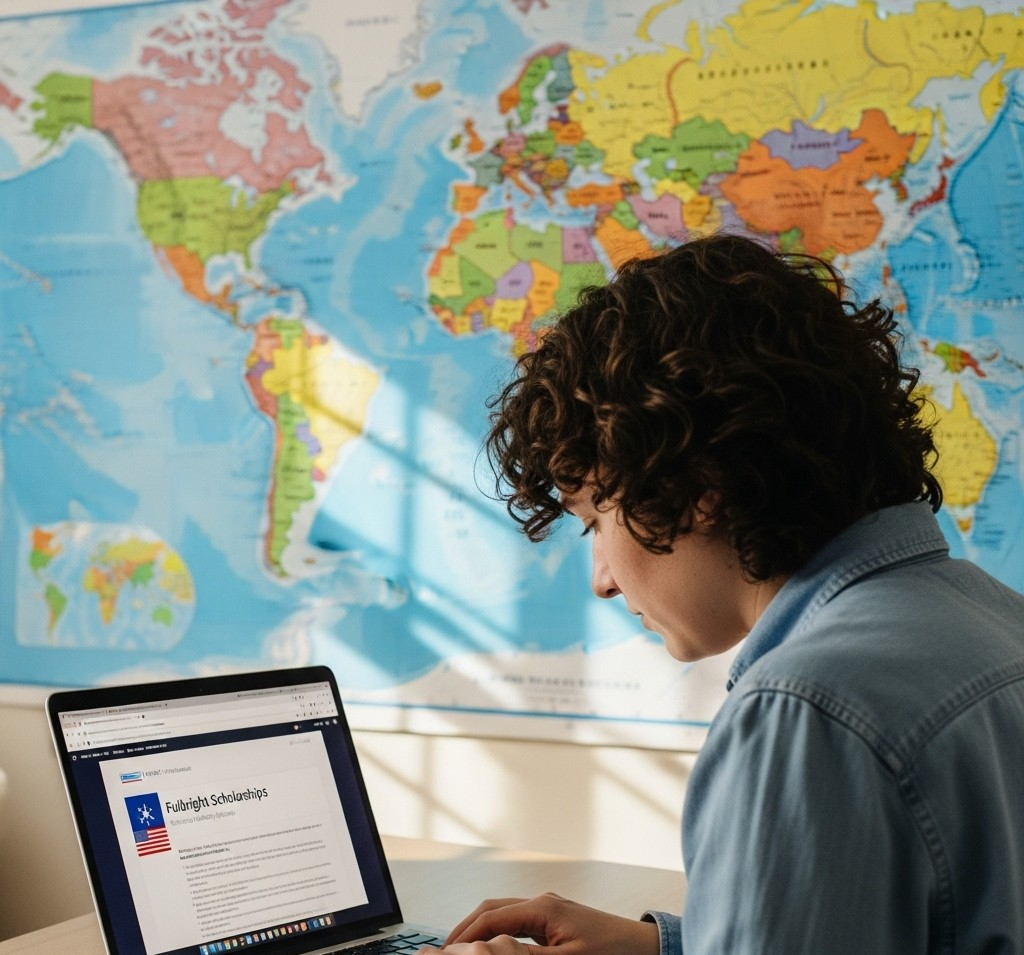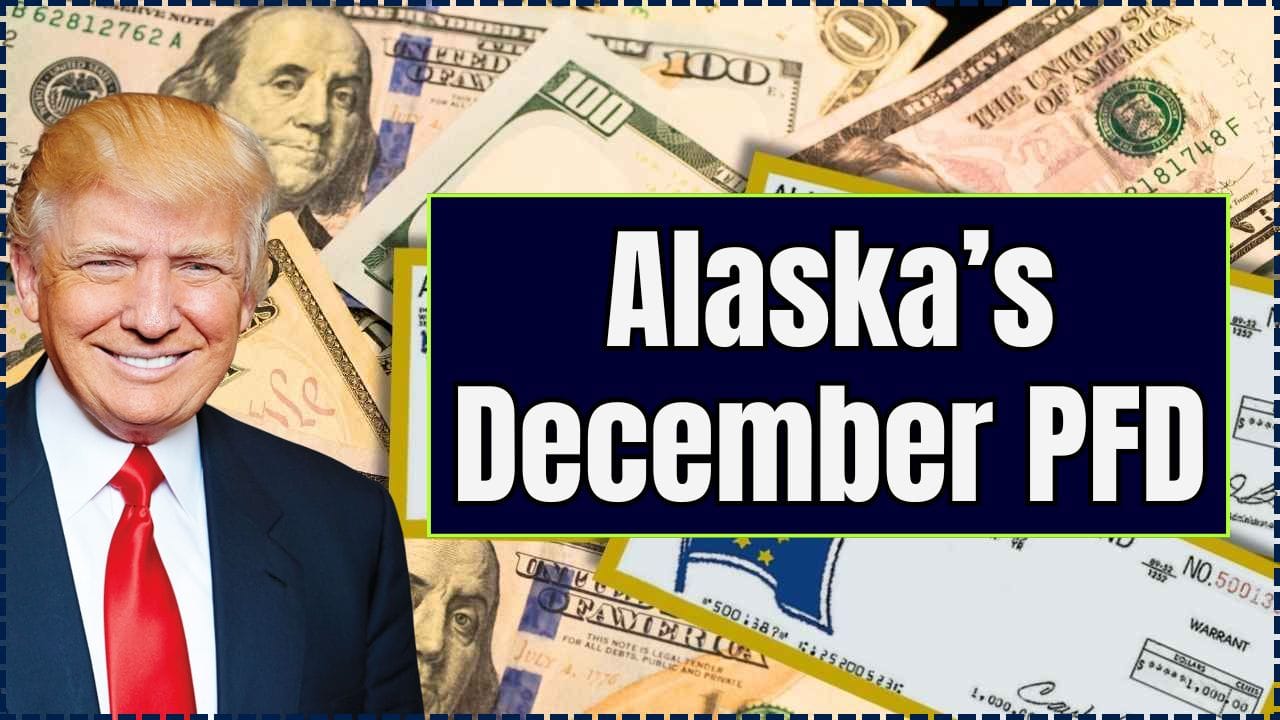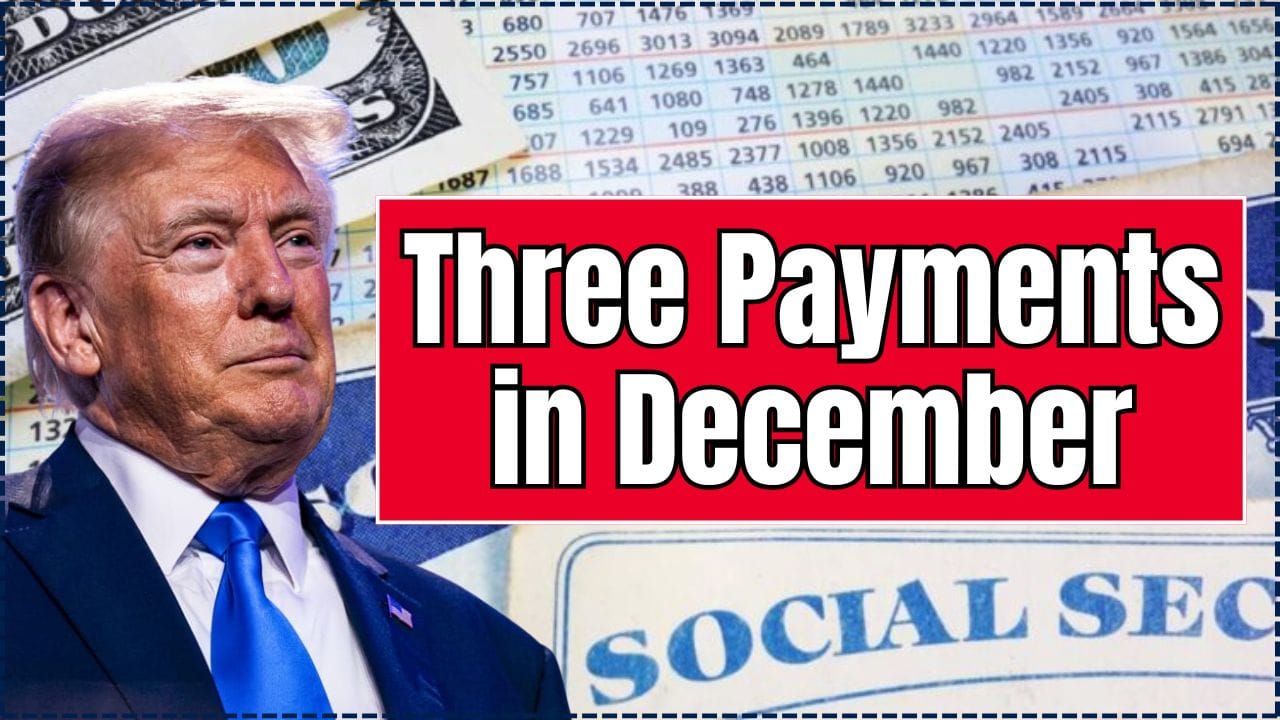Embarking on a global academic or professional journey can redefine your trajectory, and for many, the Fulbright Scholarship is the gold standard. The good news is, the applications for the Fulbright Scholarships 2026 to 2027 are now open for both aspiring students and established scholars! This prestigious program offers unparalleled opportunities to study, teach, or conduct research abroad, fostering mutual understanding between the United States and over 160 countries. 1If you’ve ever dreamed of expanding your horizons, this comprehensive guide will equip you with the knowledge and actionable steps to navigate the application process successfully.

Fulbright Program at a Glance
| Key Fact | Detail/Statistic |
| Program Mission | To increase mutual understanding between the people of the U.S. and other countries. Fulbright Program Official Website |
| Global Reach | Operates in over 160 countries worldwide. Bureau of Educational and Cultural Affairs |
| Annual Awards | Approximately 8,000 merit-based grants each year. |
| Application Deadlines (U.S. Scholar) | September 15, 2025 (for most awards) |
| Application Deadlines (Foreign Student) | Varies by country, typically May-July 2025 |
The Fulbright Scholarships 2026 to 2027 offer an incredible pathway to global engagement and personal growth. The application process is demanding, but with careful planning, genuine reflection, and a clear understanding of the Fulbright mission, you can significantly enhance your chances. Don’t let this opportunity pass you by. Start researching, refining your ideas, and preparing your application now. Your future as a global ambassador awaits!
Understanding the Fulbright Vision: More Than Just a Scholarship
The Fulbright Program, established in 1946 by Senator J. William Fulbright, isn’t simply about funding your academic pursuits; it’s about fostering diplomacy and cultural exchange. As a Fulbrighter, you become an ambassador, building bridges of understanding between nations.This core mission should resonate throughout your application. In my experience advising students, one common hurdle is failing to articulate how their proposed project aligns with this broader vision. It’s not enough to be brilliant; you must also demonstrate your commitment to cross-cultural engagement.
Who Can Apply for Fulbright Scholarships 2026 to 2027?
The Fulbright Program is incredibly diverse, offering opportunities for both U.S. citizens and non-U.S. citizens. Eligibility criteria vary significantly depending on your citizenship and the specific program you’re applying for.
For U.S. Citizens: Students, Scholars, and Professionals
U.S. citizens can apply for opportunities to study, conduct research, or teach English abroad. These include:
- Fulbright U.S. Student Program: Designed for graduating college seniors, graduate students, young professionals, and artists. You can propose a study/research project or apply for an English Teaching Assistant (ETA) Award.
- Fulbright U.S. Scholar Program: For college and university faculty, administrators, researchers, and professionals These awards typically involve lecturing or conducting advanced research abroad.
Key Eligibility Points for U.S. Citizens
- Citizenship: Must hold U.S. citizenship by the application deadline. Permanent residency is not sufficient.
- Education: Generally requires a bachelor’s degree or equivalent before the grant period begins.For scholars, a terminal degree or comparable professional qualifications are often required, as specified in individual award descriptions.
- Previous Fulbright Experience: Generally, preference is given to those who have not previously held a Fulbright grant.
- Residency Abroad: Applicants who have resided abroad for five or more years in the six-year period preceding the application deadline are generally ineligible for scholar awards.12
For Non-U.S. Citizens: The Fulbright Foreign Student and Visiting Scholar Programs
If you are a non-U.S. citizen, you will apply for a Fulbright grant to study or conduct research in the United States. These programs are administered by binational Fulbright Commissions or U.S. Embassies in your home country.
- Fulbright Foreign Student Program: Enables graduate students, young professionals, and artists from abroad to study and conduct research in U.S. universities. This often includes master’s or PhD degree programs, or non-degree research.
- Fulbright Visiting Scholar Program: Provides opportunities for faculty and professionals from around the world to conduct advanced research and lecture at U.S. institutions.
Key Eligibility Points for Non-U.S. Citizens:
- Citizenship: Must be a citizen, national, or permanent resident of your home country, qualified to hold a valid passport. Dual citizenship with the U.S. may impact eligibility, so check specific country requirements.
- Education: Typically requires the equivalent of a U.S. bachelor’s degree. For scholars, a PhD or equivalent status with relevant experience is often a prerequisite.
- English Proficiency: You will likely need to demonstrate English proficiency through standardized tests like TOEFL or IELTS.
- Return Requirement: Grantees often have a requirement to return to their home country for a minimum of two years at the end of the grant period (J-1 visa requirement).
Navigating the Application Process: Your Roadmap to Success
The application process for the Fulbright Scholarships 2026 to 2027 is rigorous and demands meticulous attention to detail. While specific requirements vary by country and program, here’s a general roadmap:
1. Research and Identify Your Program
Start by thoroughly exploring the Fulbright website for your specific country or the U.S. Fulbright Program website (us.fulbrightonline.org) to understand the available awards, eligibility criteria, and specific deadlines. Each country program has unique requirements and priorities.

2. Craft a Compelling Study/Research Objective or Project Proposal
This is the heart of your application. Your proposal should be clear, concise, and demonstrate a well-defined project that is feasible within the grant period.
- For Study/Research Awards: Clearly articulate your academic and career goals, specifying what you aim to study or research and how it aligns with the host country’s context and the Fulbright mission.
- For English Teaching Assistant Awards: Emphasize your teaching experience (if any), your interest in cultural exchange, and your adaptability.
3. Write a Powerful Personal Statement
This is your opportunity to share your story, showcasing your motivations, experiences, and how they have shaped you. It should highlight your strengths, demonstrate resilience, and connect your personal journey to the Fulbright mission. Be authentic and let your personality shine through.
4. Secure Strong Letters of Recommendation
You will typically need three letters of recommendation. Choose recommenders who know you well in an academic or professional capacity and can speak to your strengths, intellectual abilities, and character. Provide them with ample time, your resume, personal statement, and a clear understanding of the Fulbright program and your project.
5. Gather All Required Documents
This usually includes:
- Official transcripts for all previous academic coursework (with English translations if applicable).
- Academic degrees/diplomas.
- Passport scan.
- For Foreign Students: Proof of English proficiency (TOEFL/IELTS scores) and potentially GRE/GMAT scores for graduate programs.
6. Pay Attention to Detail and Deadlines
The application process is highly competitive. Double-check every detail, proofread meticulously, and submit your application well before the deadline. Many countries have deadlines for the 2026-2027 cycle in May, June, or July of 2025. For U.S. Scholar awards, the deadline is typically September 15, 2025.

Beyond the Application: What to Expect Next
After submitting your application, there are typically several stages of review:
- Initial Review: Applications are screened for eligibility and completeness.
- Interview: Shortlisted candidates are invited for interviews, often conducted in English.
- Selection: Finalists are selected based on the strength of their application, interview performance, and alignment with the Fulbright mission.
- Placement: For some programs, particularly the Foreign Student Program, the Institute of International Education (IIE) assists with university placement in the U.S.
The Fulbright Experience: A Transformative Journey
Being a Fulbrighter is more than just a line on your CV; it’s a transformative experience. You’ll gain a deeper understanding of another culture, develop critical thinking and communication skills, and build a global network of peers and mentors. Many alumni go on to become leaders in their fields, contributing to diplomacy, education, and innovation worldwide.
Fully Funded DAAD PhD Scholarships in Landscape Archaeology & Architecture (2026-2030)
A Comprehensive Guide to Sapienza University of Rome Scholarships 2025
FAQ
Q1: What are the primary types of Fulbright awards available?
A: The main types include the Fulbright U.S. Student Program (for studying, researching, or teaching English abroad), the Fulbright U.S. Scholar Program (for lecturing or research abroad), and for non-U.S. citizens, the Fulbright Foreign Student Program (for studying or researching in the U.S.) and the Fulbright Visiting Scholar Program (for lecturing or research in the U.S.).
Q2: Is there an age limit for Fulbright Scholarships?
A: Generally, there is no upper age limit for most Fulbright programs. However, specific programs or country commissions might have preferences or soft guidelines. The focus is on the merit of your proposal and your potential for cultural exchange.
Q3: Can I apply to multiple countries or programs simultaneously?
A: For U.S. citizens, you can typically only apply to one specific award and one country per application cycle.bNon-U.S. citizens apply through their home country’s Fulbright Commission or U.S. Embassy, which will have specific guidelines on applications.
Q4: How important is my English proficiency for the Fulbright Foreign Student Program?
A: For non-U.S. citizens applying to study in the U.S., English proficiency is crucial. You will likely need to submit official TOEFL or IELTS scores, and a strong command of English is essential for interviews and success in a U.S. academic environment. Some programs may offer a Long-Term English (LTE) component for strong candidates with limited English proficiency.
Q5: What distinguishes a successful Fulbright application?
A: A successful Fulbright application goes beyond academic excellence. It demonstrates a clear, feasible, and impactful project proposal, a compelling personal narrative, strong letters of recommendation, and a genuine commitment to the Fulbright mission of fostering mutual understanding and cultural exchange.






